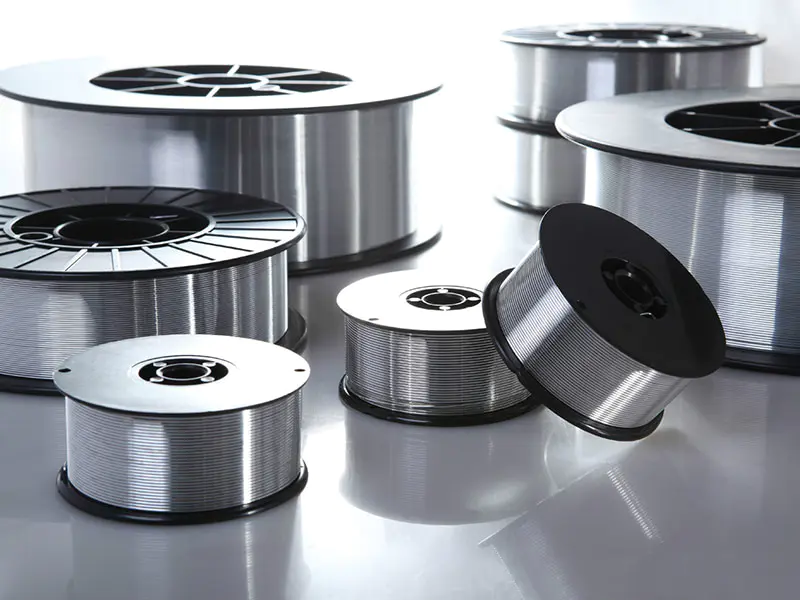In sectors where strength, weight savings, and environmental responsibility converge, finding reliable Aluminum Mig Wire Manufacturers is essential for achieving superior metal joins. Today’s fabricators face pressure to reduce emissions in every process—from vehicle assembly to green energy infrastructure—so the choice of filler metal can’t be an afterthought. A specialized producer offering high-purity aluminum wire ensures smooth weld beads, minimal cleanup, and joints capable of withstanding the rigors of both urban transit systems and coastal wind turbines.
As major cities upgrade fleets to zero-emission vehicles, welding shops across the globe are retooling for lighter chassis and body panels. Aluminum wires formulated for gas-shielded processes help operators fuse thin sections without burn-through, delivering cosmetic finishes that maintain aerodynamic styling. These consumables also ease the adoption of new assembly techniques by providing stable arcs that adapt to varied joint configurations, accelerating production without compromising quality.
Meanwhile, renewable energy developers are installing mounting structures for solar canopies in hot, dusty environments and assembling towers that brace against ocean breezes. Lightweight metal welds not only reduce transportation costs but also improve structural resilience under cyclic loading. High-grade aluminum filler wires contribute to these advantages by promoting consistent deposition rates, ensuring every splice meets the rigorous demands of clean energy sites.
Infrastructure renewal has become a global talking point, with engineers advocating for materials that extend service life while shrinking carbon footprints. Aluminum’s recyclability and corrosion resistance make it a prime candidate for footbridges, transit station roofs, and urban art installations. Welders benefit from wires designed to minimize distortion, allowing complex, freeform structures to emerge without excessive post-weld straightening or surface work.
In specialty vehicle workshops, where electric buses and light rail cars require rigorous safety standards, weld joint integrity is non-negotiable. Aluminum consumables engineered for minimal porosity and fine grain structure deliver the toughness needed for high-cycle fatigue resistance. This reliability helps operators focus on rapid deployment of passenger fleets, knowing that each joint resists cracking under vibration and daily demands.
Smaller fabrication businesses are also embracing on-site microgrid and charging kiosk projects. Portable lighting rigs, battery enclosures, and mobile repair trailers all depend on clean, leak-free welds. Filler wires with excellent wetting characteristics ensure coverage around tight corners and cast aluminum parts, expanding the scope of what a single shop can handle. As service networks multiply in urban and rural locations alike, ease of use and consistent performance drive project success.
Craftsmanship meets sustainability when welding consumables come in eco-conscious packaging or refillable spools that cut plastic waste. Some suppliers even champion closed-loop recycling, encouraging shops to return spent wire cores for reclamation. By aligning with these forward-thinking manufacturers, fabricators demonstrate a commitment to circular economy principles and responsible resource management.
Training and technical support from wire specialists further empower welding teams. Access to parameter guidelines, troubleshooting advice, and hands-on demonstrations shortens the learning curve on new alloys. This collaborative approach fosters innovation on the shop floor, allowing fabricators to refine joint designs and adapt quickly to emerging structural concepts in architecture and transportation.
When quality, performance, and sustainability matter most, turn to dedicated Aluminum Mig Wire Manufacturers who understand the demands of a changing world. Discover advanced welding solutions designed to strengthen tomorrow’s mobility, energy, and infrastructure projects at www.kunliwelding.com .


